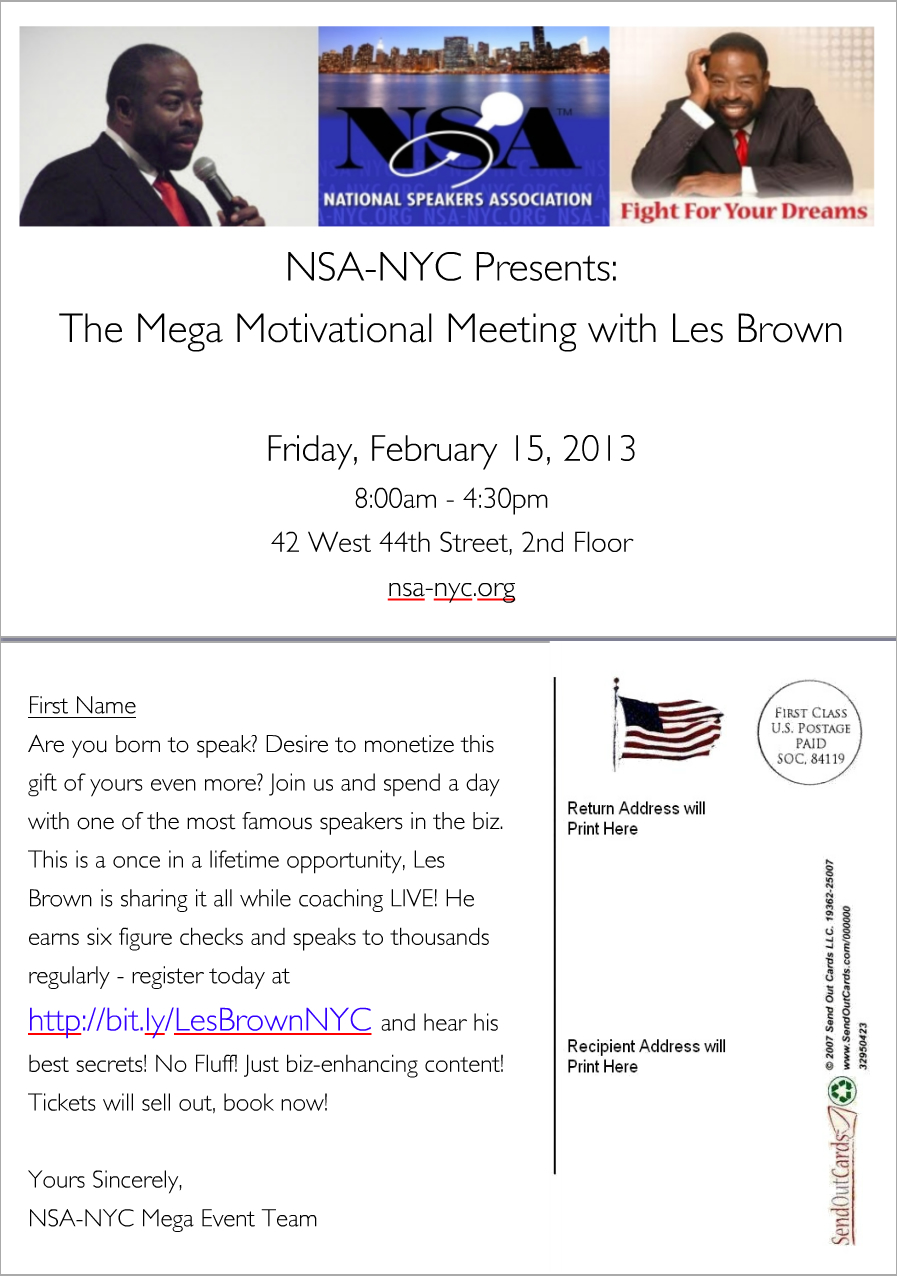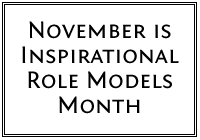What if you could speak like Martin Luther King? Not everybody will move the masses with their oratory but here is what I've observed- Gifted speakers are born but effective speakers are made. Martin Luther King was one of the most gifted public speakers. But even he studied to master his craft. He developed the ability to move the masses with his mouth. Great leaders in history learned the power of the spoken word and became masters of the tongue. Most of us will not sway the masses but we can inspire and persuade our circle of influence by taking a lesson from Martin Luther King. Here are three techniques he used throughout his speeches to inspire his audience.
Vision. All good speeches start with a vision. Before you begin writing, imagine your ultimate goal. What is your intention? What do you want the audience to see, hear, and feel as a result of your talk? They should be in a better place by the end of your presentation. If they can't see it, they won't follow.
Alliteration. Martin Luther King made good use of rhetorical techniques such as storytelling, metaphor (promised land), (mountain top), and alliteration to inspire the crowds. His famous line "I look to a day when people will not be judged by the color of their skin, but by the content of their character" is frequently quoted by many. Alliteration makes the message memorable.
Passion. The best speech writing is not a substitute for dispassionate delivery. If you sound like you're reading text, you will inspire nobody. Great speakers have a fire in their belly. It's the emotion that moves an audience. So tap into your feelings and talk from the heart. The key word in emotion is motion. When the audience feels the emotion and it's backed up with logic you will move them to action.


 Josephine "Jody" Prestovino single-handedly brought missing federal supplies to Staten Island, New York by using her voice. Jody lost her home during hurricane Sandy and spoke on behalf of her own community with no media training. She looked directly at the camera and said, "Obama promised to cut through the red tape, but we've seen nothing. Nobody is here."
It's because she spoke with conviction and passion that she had an impact.
Josephine "Jody" Prestovino single-handedly brought missing federal supplies to Staten Island, New York by using her voice. Jody lost her home during hurricane Sandy and spoke on behalf of her own community with no media training. She looked directly at the camera and said, "Obama promised to cut through the red tape, but we've seen nothing. Nobody is here."
It's because she spoke with conviction and passion that she had an impact.
 Have you ever wondered why some leaders are more inspirational than others? Here's the secret. They speak from the inside out. Where most leaders speak about the WHAT and the HOW, leaders who inspire audiences with their message do one thing differently. They speak about the WHY.
Have you ever wondered why some leaders are more inspirational than others? Here's the secret. They speak from the inside out. Where most leaders speak about the WHAT and the HOW, leaders who inspire audiences with their message do one thing differently. They speak about the WHY.






